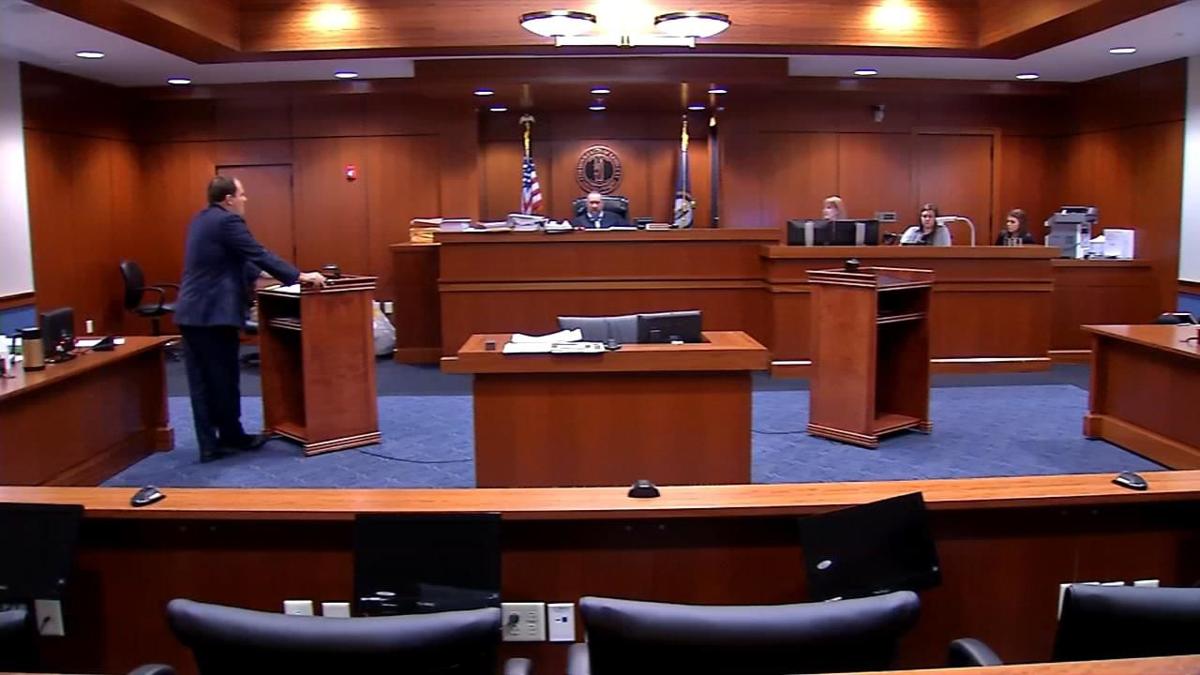Kentucky Supreme Court strikes down victims bill “Marsy’s Law”

LOUISVILLE, Ky. June 15 2019 The Kentucky Supreme Court on Thursday nullified voters’ approval of “Marsy’s Law” last fall, ruling that legislators should have placed the complete language of the proposed constitutional amendment on the ballot rather than a brief summary.
The unanimous decision upholds a Franklin Circuit Court judge’s order that agreed with a group of defense attorneys, among others, who argued that the question the legislature put to voters was
The amendment sought to give crime victims the same rights as people who are accused and convicted, a move that even some prosecutors said wasn’t necessary.
The high court ruled the full text of a proposed amendment must be published at least 90 days before the vote. In this instance, the issue put to voters was published and submitted as a short question.
“Our constitution is too important and valuable to be amended without the full amendment ever being put to the public,” Chief Justice John Minton wrote in the court’s opinion.
The Kentucky House and Senate approved the “Marsy’s Law” amendment in 2018 with bipartisan support and only four members of both chambers in opposition. Lawmakers agreed to place this question on the November ballot:
“Are you in favor of providing constitutional rights to victims of crime, including the right to be treated fairly, with dignity and respect, and the right to be informed and to have a voice in the judicial process?”
In his prior ruling, Judge Thomas Wingate called the question “too vague” and “misleading,” suggesting that no voter would vote against treating victims fairly and with dignity.
But those same voters, he added, may not vote for the amendment if they knew all of the rights that would be bestowed upon victims.
Sen. Whitney Westerfield, who sponsored the bill, said in a statement:
“Kentucky voters spoke loud and clear in support of crime victims on Election Day in 2018. Like the majority of Kentuckians, I believe that crime victims deserve to be afforded the respect, justice, and equal rights that Marsy’s Law would provide. It is troubling that in order to reach this conclusion the Supreme Court reversed years of established precedent and inserted an entirely new requirement for amending our state constitution. I hope the General Assembly will take up Marsy’s Law again and give Kentucky voters another opportunity to voice their support for crime victims in 2020.”
Voters approved the law by about 63 percent.
A statement from Marsy’s Law for Kentucky said despite the “overwhelming majority” of citizens voting for the law, the high court “chose to deny crime victims the equal rights they so obviously deserve. Instead of siding with often-voiceless victims, their tireless advocates and dedicated members of law enforcement across the Commonwealth, the court chose to heed the eleventh-hour desires of a small group of criminal defense lawyers.”
In addition, the statement said this was not the end of the push for the law, but “merely a fork in the road. For we are now more than ever committed to delivering crime victims the equal rights they are owed. We look forward to working with the General Assembly again to put Marsy’s Law back on the ballot for Kentucky voters in 2020 in a form that will pass legal muster as defined by the court. We are confident they will once again send a clear message of support for crime victims.”
The Kentucky Association of Criminal Defense Lawyers filed a lawsuit in August, claiming the 38-word question asking voters to amend the state constitution runs afoul of state law because it fails to “inform the electorate of the substance of the amendment.”
According to the high court ruling Thursday: “Our constitution is too important and valuable to be amended without the full amendment ever being put to the public.”
Named for a college student slain in 1981, The “Marsy’s Law” measure would have enshrines 10 rights for crime victims into the Kentucky Constitution, including the right to be notified of court proceedings and be heard during release, plea or sentencing hearings. Advocates said that while many of those protections are in state law, they’ll be stronger and more enforceable as constitutional rights.
wdrb


